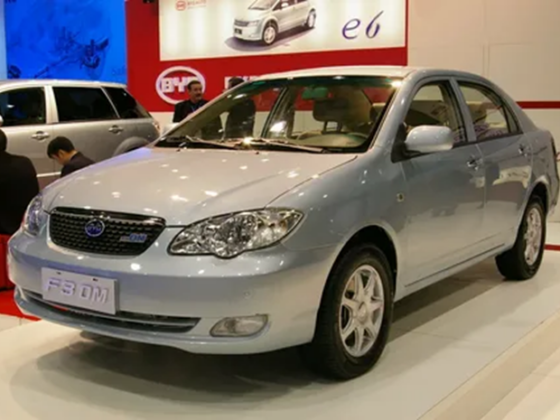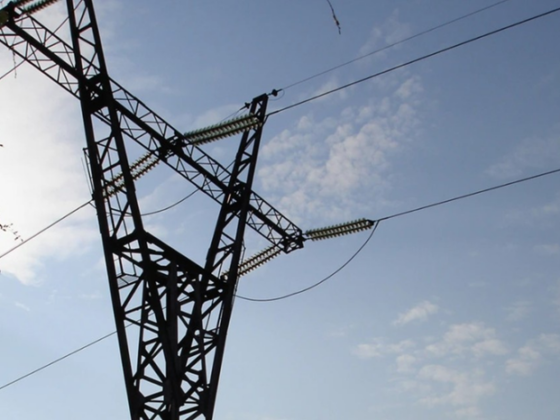According to a study conducted by Australian scientists, about 11% of the amount of all expenses of construction companies is spent on payments related to compensation. On average, about 39 claims are sent to the average company every year (these are claims for damage, claims on compensation due to illness or injury, customer claims and claims of their own personnel).
All parties are interested in the safety of construction sites around the world. It is not profitable for workers to suffer due to injuries, even minimal, and even if these injuries are well paid. It is not profitable for companies to compensate for the injuries of employees and delays caused by these injuries. It is not comfortable for customers if people suffer from their facilities and is unprofitable if, due to problems, construction is delayed.
Therefore, the use of protective equipment and compliance with safety precautions is not only the requirement of the instructions, but also a reasonable protection against losses. In addition, if you look at the news associated with problems and disasters at construction facilities, you will notice that even if people do not suffer, the public property itself and the building object, as well as equipment, private items and much more suffer. The collapse of the crane at the construction site or the fall of construction forests can lead to the fact that the company will have to pay huge amounts of compensation. In addition, the company will have to invest in restoring the reputation after such problems.
If an employee of the company was injured due to the fact that safety precautions were violated at the facility (for example, he worked without proper protective equipment due to the fault of the company or worked in conditions in which air quality conditions were not respected), then its employer may be obliged to life pay him compensation by disability.
There is a well -developed security scheme at the construction site. In the upper part of the scheme – the elimination of direct dangers. Speaking in simple language – do not build a house on a radioactive landfill. The second level of security – compliance with safety precautions. This implies that each worker must comply with the rules prescribed by norms, standards, instructions, etc. p. The third level of security is funds that isolate people from danger. For example, a protective mask isolates the face and eyes of the welder, and protective headphones isolate the builder from increased noise. This level also includes special protective fences that protect against the penetration of people into an object and much more. Depending on which of the levels the security system, which led to the tragedy at the facility, was violated, responsible will be assigned. For example, if the employee was given a helmet, but he did not put it on and received a fallen stone on the head, then this is his fault. However, it can also be the fault of the one who has not maintained behind falling stones (this can be part of dangerous work, but it can also be negligence and then the matter requires a deeper consideration).


